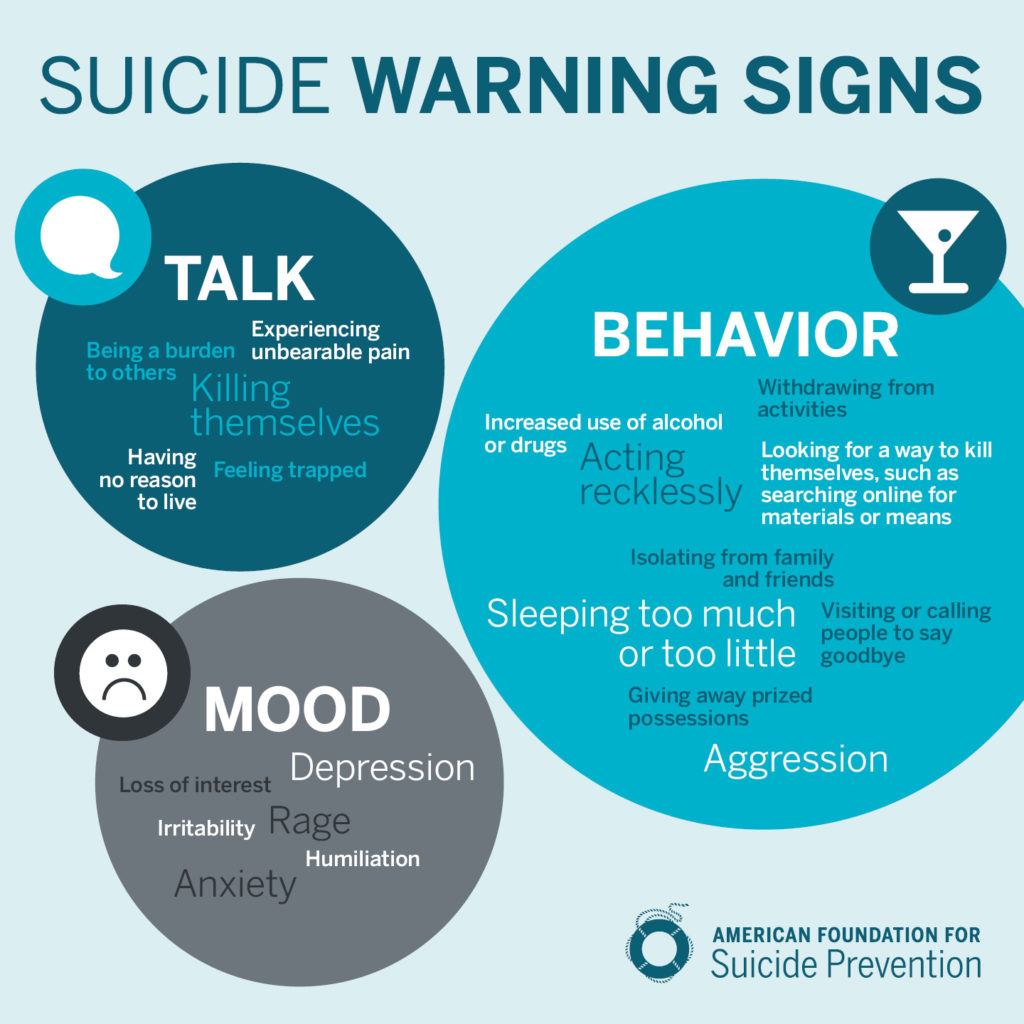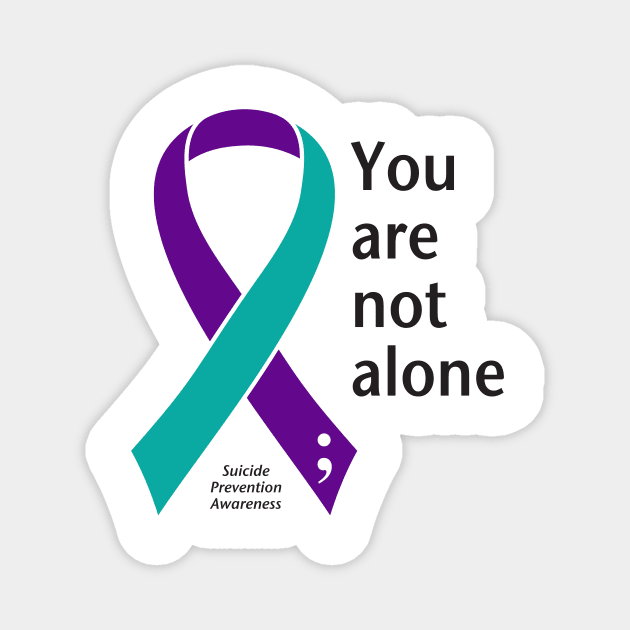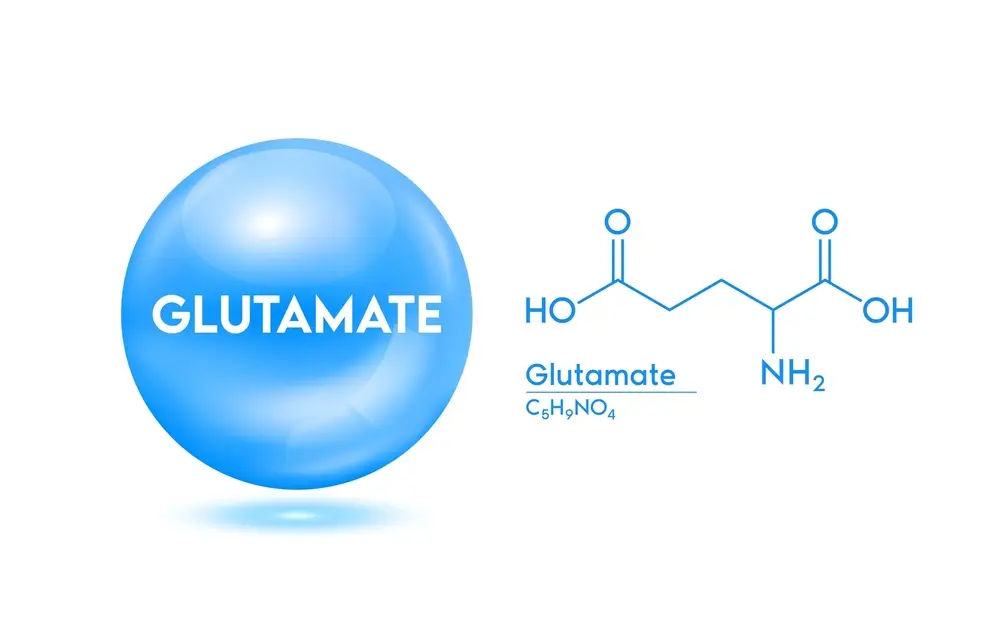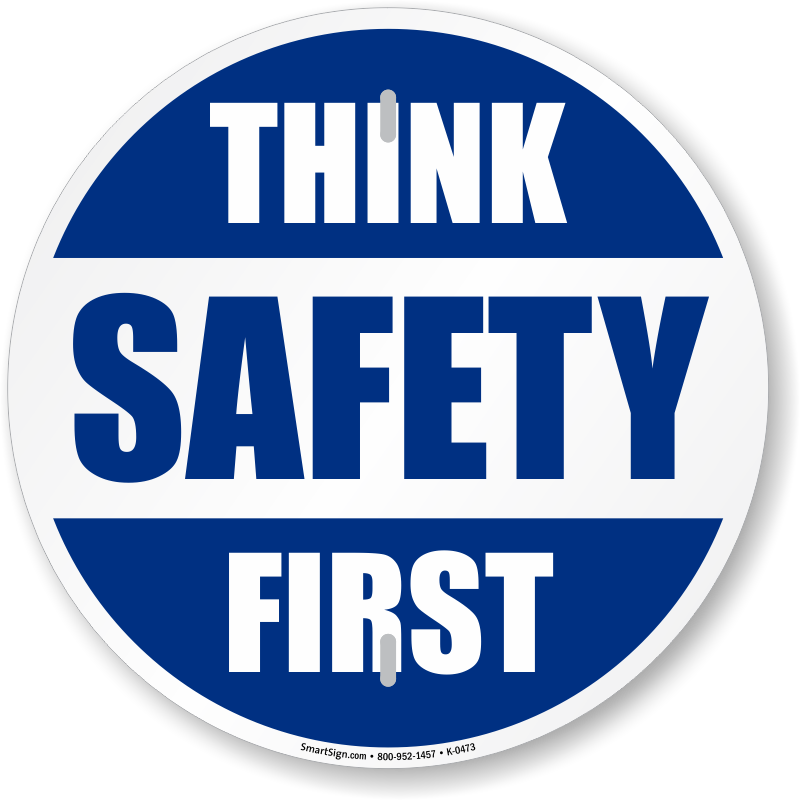Ketamine For Suicidality
- Home
- Ketamine For Suicidality
Conventional treatment options for suicide are usually either prescription medications or psychotherapy. The goal is always to help people cope with their thoughts and feelings. Medications, such as antidepressants or mood stabilizers, can help reduce or stabilize intense emotions and can be used in conjunction with therapy.
This blog post discusses why you should consider ketamine for treating suicidal thoughts and behaviors.
What Is Psychotherapy?
Psychotherapy is a form of psychological therapy provided by mental health practitioners that helps individuals address mental issues. Psychotherapy can be used to prepare people for ketamine treatment.

Suicidal Warning Signs
Suicide Statistics according to the Centers for Diseases Control and Prevention (CDC)
- 700K people die worldwide from suicide
- 4th leading cause of death in people 15-29 is suicide
- 75% of people in low and middle-income countries receive no treatment
- Suicide is the 12th leading cause of death in the U.S.
- In 2020, 45,979 Americans committed suicide
- In 2020, there were approximately 1.2 million suicide attempts
- In 52.83% of all suicides, firearms were the preferred method.
- The suicide rate age-adjusted in 2020 was 13.48 per 100K
- The highest suicide rates occur in middle-aged white men.
- In 2020, male suicides were 3.88X more than women.
- There are an average of 130 suicides per day.
- 69.68% of suicide deaths in 2020 were White males.
- 93% of adults believe suicide can be prevented
Suicidal thoughts and behaviors are severe issues that can have devastating consequences. Fortunately, there is hope in the form of ketamine. This medication has been used for decades as an anesthetic. There is ongoing research studying the potential to treat suicidality with ketamine therapy.
Conventional Medicines For Suicidality
- Benzodiazepines – (alprazolam (Xanax®), chlordiazepoxide (Librium®), clorazepate (Tranxene®), diazepam (Valium®), halazepam (Paxipam®), lorzepam (Ativan®), oxazepam (Serax®), prazepam (Centrax®), and quazepam (Doral®).
- Antidepressants – SSRIs (Prozac (fluoxetine), Zoloft (sertraline), Luvox (fluvoxamine maleate), Lexapro (escitalopram)
- Antipsychotics – (Lithium, risperidone (Risperdal), quetiapine (Seroquel), olanzapine (Zyprexa), ziprasidone (Zeldox), paliperidone (Invega), aripiprazole (Abilify) and clozapine (Clozaril)
- Mood Stabilizers -Carbamazepine (Carbatrol, Epitol, Equetro, Tegretol), Divalproex sodium (Depakote, Lamotrigine (Lamictal), Valproic acid (Depakene)


How Does Ketamine Work?
Ketamine targets glutamate receptors in the brain to create new synapses (connections between neurons in the brain). Glutamate is a neurotransmitter responsible for many cognitive functions like memory, learning, and mood regulation. When ketamine binds to the receptors, it blocks them from absorbing the glutamate molecules, effectively reducing the amount of glutamate produced in the brain. This allows other neurotransmitters, such as serotonin and dopamine, to take their place and help regulate mood.
Benefits of Ketamine for Suicidal symptoms like Depression and Anxiety

Ketamine effectively treats depression and anxiety symptoms associated with suicidality, usually within hours or days after administration. That is much faster than traditional antidepressants, which can take weeks or even months to become effective. Additionally, ketamine has shown significant promise in reducing suicidality and preventing relapse once treatment has ended. Ketamine helps calm down suicide attempts and prevent future occurrences.
Some level of trauma may remain, but the brain becomes better equipped to deal with the trauma. The mind becomes better equipped to handle trauma resulting from new pathways created in the brain.
Research has revealed that ketamine can quickly and drastically help improve the cognitive function of those in a suicidal crisis and makes it less likely they will inflict self-harm. It can be a life-saving resource that gives them an opportunity for hope!
Safety First
Of course, it’s essential to keep safety in mind when considering any form of treatment for suicidality. There are no long-term studies on how ketamine can affect ketamine suicidal behavior. It’s critical to work closely with your doctor if you choose this option as your treatment.
Ketamine should never be used without medical supervision as it can lead to adverse reactions such as hallucinations, confusion, sleepiness, and dizziness. If taken without proper medical care or doctor-dosing instructions, the side effects can lead to more significant problems.

In conclusion, ketamine is a promising option for treating depression and anxiety associated with suicidality due to its fast-acting nature and potential for relapse prevention once treatment ends. More research is necessary before mental health professionals can widely adopt it. Talk to your doctor if you are currently struggling with suicidal thoughts or behaviors. It’s always important to approach any treatment with caution and follow your doctor’s instructions when taking medications like ketamine to stay safe throughout your journey toward recovery!

